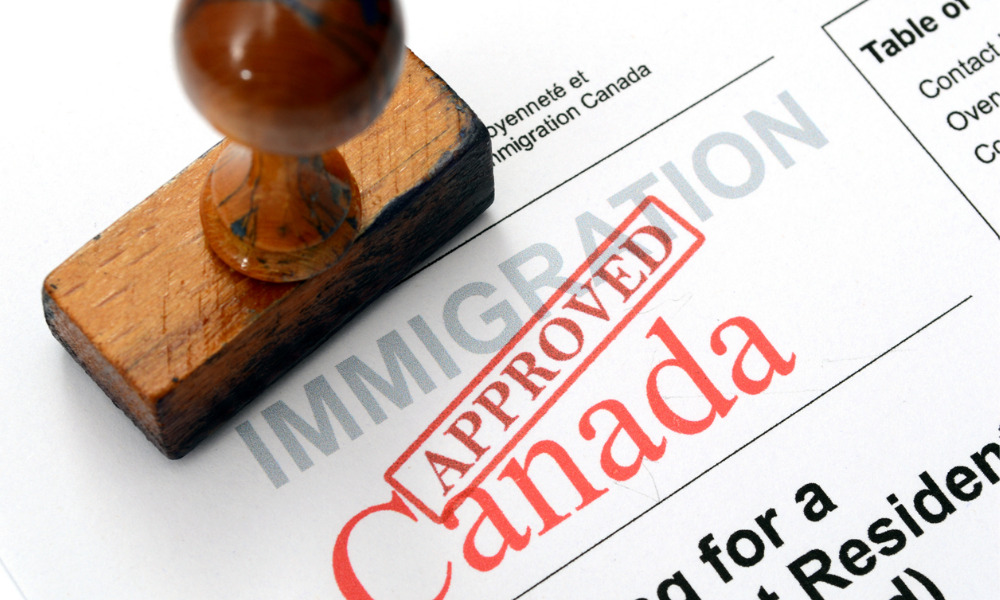
CBA asked for extension until Aug. 28

The Canadian Bar Association has called on the federal government to extend two temporary immigration measures for an additional six months to reduce the level of “flagpoling” at Canadian ports of entry amid the COVID-19 pandemic.
Under s. 25.2 of the Immigration and Refugee Protection Act, the Immigration, Refugees and Citizenship Canada introduced the temporary public policy and the temporary pilot process to exempt some temporary residents from specific immigration requirements during the ongoing pandemic.
In Aug. 2020, the IRCC adopted the temporary public policy permitting certain visitors in Canada to apply inland for an employer-specific work permit. The policy ended on Feb. 28.
In Oct. 2020, the IRCC adopted the temporary pilot process allowing foreign nationals in Canada, who received a letter of introduction (LOI) after approval of their study or work permit applications submitted outside of Canada, to finalize processing their applications from within the country. The pilot process ended in Nov. 2021.
In a letter addressed to IRCC, the CBA asked the government to extend the temporary public policy and the temporary pilot process until Aug. 28. The CBA noted that these measures have “significantly reduced” the level of flagpoling at Canadian ports of entry since it is no longer necessary to exit and re-enter Canada to process a study or work permit.
The CBA also said that since the detection of the Omicron variant, the Canada Border Services Agency might require foreign nationals to obtain a negative COVID-19 test in the U.S. before re-entry to Canada, which defeats the point of the flagpole process.
The CBA added that many provinces had restricted access to COVID-19 tests, making it difficult for individuals with a positive home test to obtain a negative result required for international travel.
In addition, the CBA recommended that IRCC’s innovative web form be reinstated and maintained for both measures. These changes would streamline the processing of immigration documents such as work and study permits, address labour shortages and enable temporary residents with visitor status to support themselves while addressing their employer needs.